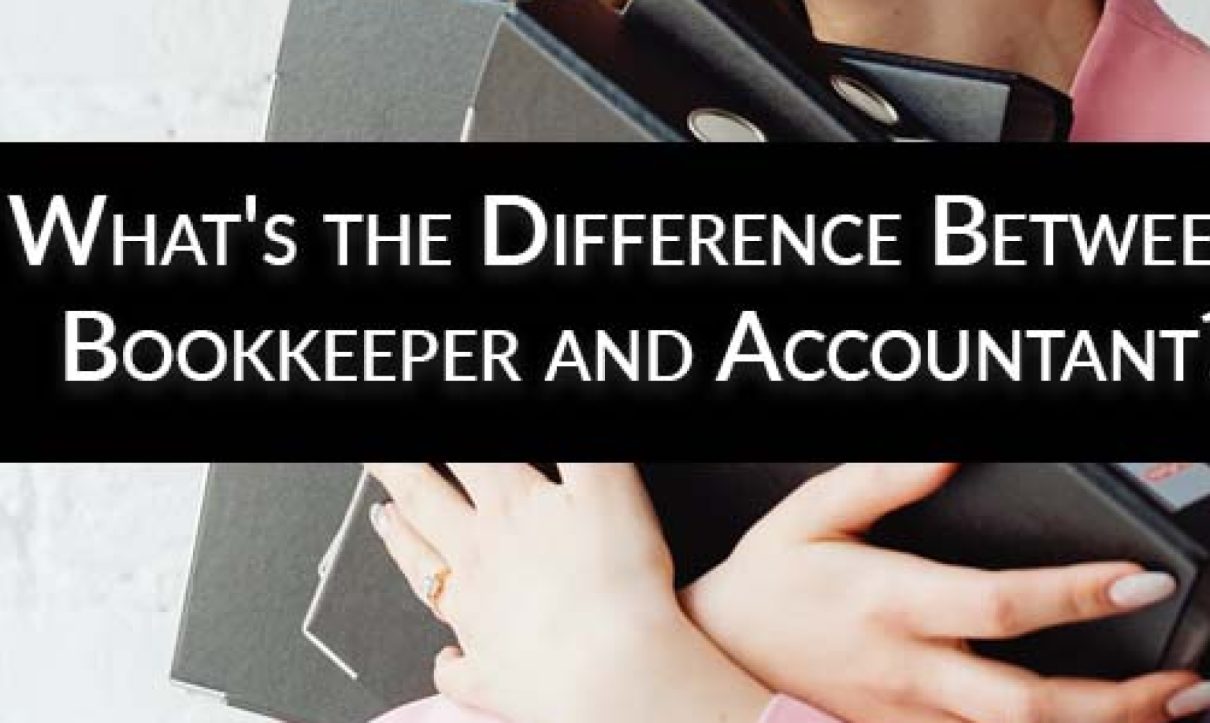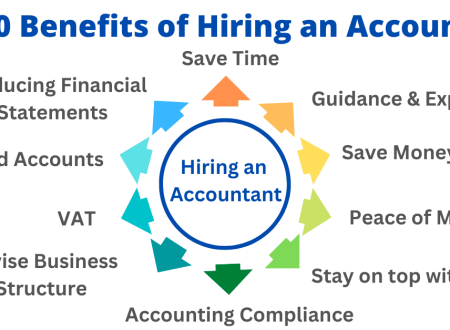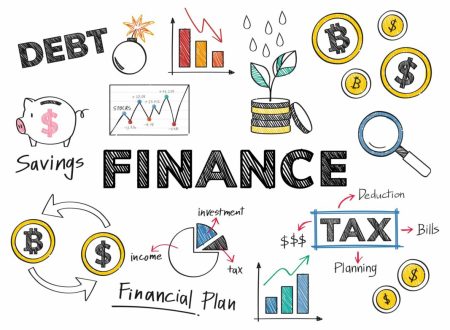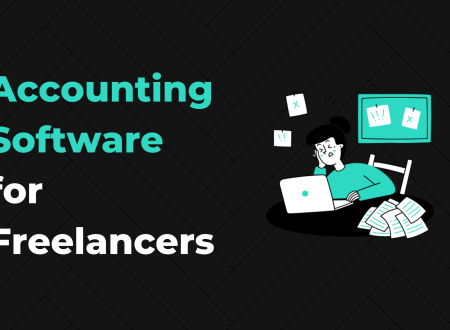Wondering whether you need a bookkeeper or an accountant? Is there actually any difference at all? The experts at TT Accountancy explain all you need to know.
Many firms offer a range of business accounting services to support better financial development and growth for your company. These can range from payroll solutions to economic consultancy and profit projection planning.
More often than not though, we find that our most popular services are common practices associated with general accounting and bookkeeping. These tend to form the core foundations of strong business financial management, which is why they are so often requested.
However, it could be argued that these are jargon words.
Although they belong to the same kind of profession and services, our clients and other members of the small business community are sometimes confused about bookkeeping and accounting. To help you understand what each position entails, and what your company needs, TT Accountancy will match up these two contenders and explain exactly what their purpose is.
So, in the battle of bookkeeper versus accountant, what are the differences?
What Is Accounting?
Accounting is a broad term that encompasses a great many processes and includes major actions like auditing, financial reporting and tax planning, as well as simple tasks like record keeping and VAT returns. In short, accounting is an umbrella phrase that covers everything your business needs to establish, maintain and control financial responsibilities and economic development. If the task or process you undertake relates to monetary factors, then it’s considered an accounting task.
What Is Bookkeeping?
By this understanding, bookkeeping can be regarded as a subset of accounting practices. With accounting referring to everything financial, bookkeeping is a very specific part of that business financial management system.
A cog in the machine of accounting, as it were.
Bookkeeping refers to a series of recordkeeping actions. This includes noting receipts and invoices — both incoming and outgoing — reconciling figures with different receivable and payable accounts and using data to produce reports.
Essentially, bookkeeping is an accounting process that allows you to track and maintain your financial status.
TT Accountancy offer expert recordkeeping support. Discover a more in-depth look at what bookkeeping services involve!
Bookkeeper vs Accountant: What Is The Difference?
There are some vital differences between bookkeepers and accountants, and some similarities too. The most important thing to note is that a qualified accountant can be a bookkeeper, but a bookkeeper without appropriate qualifications cannot be an accountant.
- An accountant is a financial professional with significant experience, certifications and often a degree in financial accounting or something similar behind them.
- A bookkeeper, by contrast, can be an individual who is good with numbers and managing figures. This isn’t to say they don’t have significant experience or value, but they are unable to carry out tasks an accountant can and don’t require the same level of qualifications.
Consider this example:
An accountant can be brought into your business to oversee a range of financial tasks and processes, as well as provide business advice and economic consultancy. One such task they may carry out is to help produce profitability projections based on bookkeeping records. The accountant may have put together the bookkeeping records themselves if it is part of their position or somebody else — a separately assigned bookkeeper — might have done it for them.
Should I Hire a Bookkeeper or an Accountant?
In the decision-making process of bookkeeper versus accountant, it is important for a business owner to understand their specific financial management needs. Bookkeeping is a core and fundamental part of economic stability and is an unavoidable accounting task. However, many other accounting tasks are not as important or necessary, depending on the kind of business you operate.
A one-person operation won’t need an accountant to manage payroll, for example, but will still need bookkeeping to be carried out. The result is you must ask yourself a question: what are your needs?
- Do you need support managing income, outgoings, recording finances and keeping track of all the money within the business? Then you need a bookkeeper.
- Do you need more advanced financial support, like help with tax, HMRC and economic advice, all alongside recordkeeping? Then you need an accountant.
Hiring a bookkeeper will be cheaper than hiring an accountant, due to the technical nature of more advanced accountancy roles. This means you don’t need to pay out for a qualified accountant if you only need recordkeeping tasks completed. But, we warn, hiring a bookkeeper when a wider-range of financial tasks and processes are required to be managed will result in ineffective support for your business.
Need support for your company? Our small business accountants and bookkeepers can offer everything you need. From standard record keeping services to full-scale business consultancy and financial management, TT Accountancy is the team for you.

 ?>
?>






